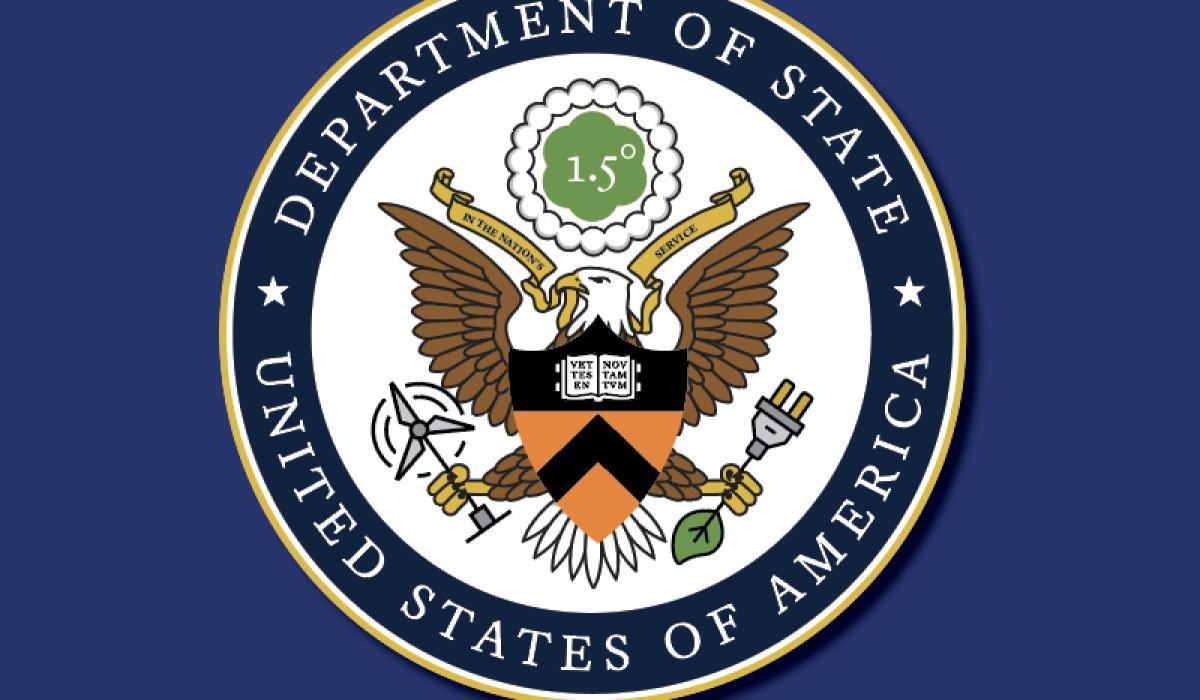Tigers at the State Department are Helping to Forge International Climate Agreements

When the last session of week one ended at the 27th UN Climate Change Conference (COP27), held November in Sharm El Sheikh, Egypt, most diplomats retired to their rooms, keen to recharge after five long, draining days of negotiations. But for Sierra Woodruff ’11, a lead negotiator for the U.S. delegation, work was just beginning.
Woodruff is one of six Princeton alumni serving on the State Department’s climate team, and one of four Princetonians who represented the U.S. at COP27. Alumni may not yet think of the University as a climate policy powerhouse, but it has, in recent years, become one, producing leaders working at the highest level of government on what is arguably the most pressing global issue of our time.
Now, Woodruff was focused on an especially controversial, and historically intractable, matter in climate diplomacy: Loss and damage. The possible transfer of resources from rich to poor nations to deal with climate-driven crises. In particular, she was working with foreign delegates to design the Santiago Network, an international system proposed in 2019, at COP25, to provide resources and technical assistance to developing countries. Yet after days of official talks, negotiations remained at a standstill.
“That first week, we were working really hard but were just not making quite enough progress,” Woodruff recalls. “The major breakthrough came when we ran out of time.”
An hour after official talks closed, Woodruff and representatives from other key stakeholder nations — including the EU, the Alliance of Small Island States (AOSIS), and the Indo Latin American Chamber of Commerce (ILACC) — reconvened for a night of informal negotiations.
“We all sat in a circle, and conceptually took a step back, and said, ‘All right, what do we want out of this?’” Woodruff says. “And without putting anything down on paper, we spent almost a day talking at that high level. I think having a more informal conversation that wasn’t on the clock broke down some of the barriers. It was kind of an amazing moment.”
The next evening, Woodruff and four other delegates stayed up through the night drafting an agreement. After three more days of revisions in the second week of COP27, the agreement was ratified.
“There’s still work to be done [on the network],” says Woodruff. “But it was definitely a sign of progress.”
Read the rest of the story at PAW
